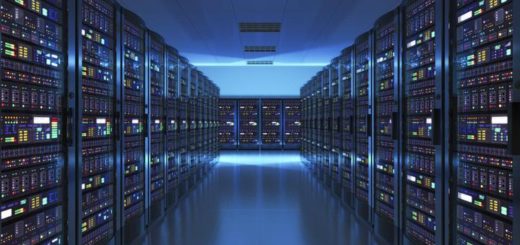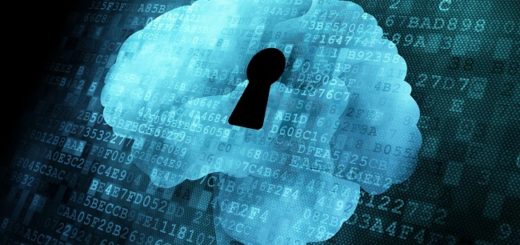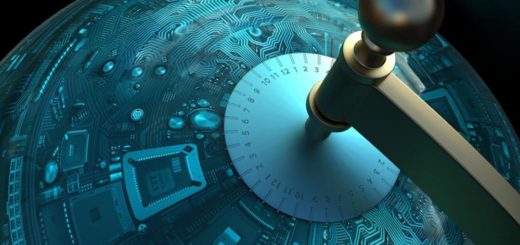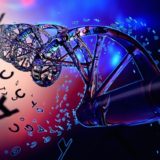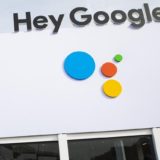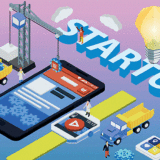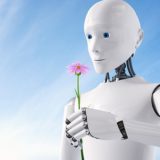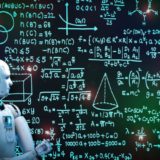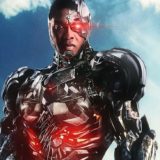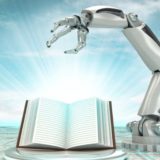Is AI singularity the only conclusion of Artificial Intelligence?
by Ready For AI · Published · Updated
Although the AI singularity theory is really famous, I don't think it is the only conclusion of artificial intelligence in the future.
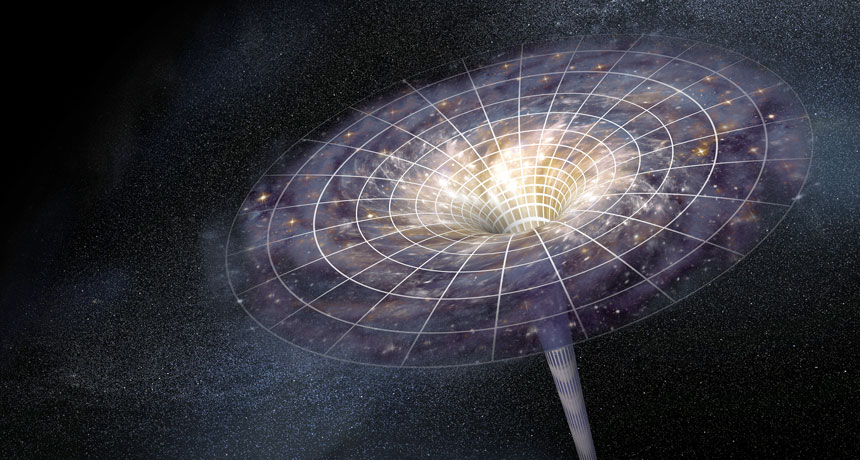
What is AI singularity?
Kurzweil predicts that by the mid-2020s, humans will successfully reverse the design of the human brain. By the end of the 2020s, computers will have the ability to be human intelligence. By 2045, due to the huge increase in computing power, its cost will drop sharply. The amount of artificial intelligence created will be about 1 billion times that of all human intelligence that exists today, and there will be real “singularity” moments.
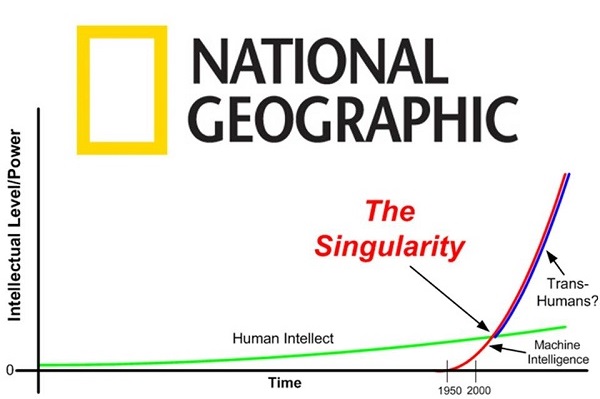
At this stage, with the rapid development of genes, nanotechnology and robotics, the human body, brain, digestive system, blood circulation system, etc. will be redesigned and manufactured. The “singularity” to supervise will enable us to overcome the problem of human aging and greatly compensate for the lack of creativity of mankind. We will maintain and strengthen intelligent evolution to overcome the limitations of biological evolution. If human intelligence can be completely transferred to the computer, then death will become meaningless. If human beings are fully integrated with the machines they produce, then the world will be unrecognizable.
From an evolutionary perspective, this will represent the emergence of a new species: Singularity People.
“Singularity People” refers to a new species. After the “singularity” moment, this species is essentially different from the present. But why is it a person? Because they are evolved from human beings. They are the result of a higher level of human evolution. Together they form an activity, a culture, which Kurzweil calls a civilization, which is a continuation of human civilization. People in this civilization are called Singularity People.
Interpretation of the "Singularity Theory"
The difference in attitudes towards singularity theory is in fact a controversy over the advanced level that artificial intelligence can achieve in the future. The general meaning of the “singularity” theory is that the speed of technological progress will increase exponentially and continue to accelerate, and eventually the quantitative change will undergo qualitative changes.

The optimists conceived a completely different era: by then the material was infinitely rich, and humans gained great freedom. The genetically modified humans were interconnected by brain waves to form a honeycomb that was as vast as the solar system. Their thoughts may also be uploaded into a silicon utopia to start a wonderful new life. It sounds like a happy world promoted by religion or communism.
Pessimists believe that human beings will eventually be destroyed by God’s powerful artificial intelligence. Because human biological defects will ultimately be abandoned by robots with higher intelligence, or these highly intelligent machines do not want to be subject to any control by the “lower species” of human beings.
Does human faith really turn to artificial intelligence?
Throughout the history of human development, it can be said that without the emergence of religious beliefs, there is no basis for broad cooperation among humans. Religion explains human death without exception, allowing humans to overcome fear of death in a short period of time, which also prompts humans to have a new ideological understanding of survival rather than based on traditional biological instinct. Undoubtedly promoted the creativity of human beings in the fields of culture and art.
At the same time, religion has mostly guided human desires to move towards a generally benign direction, such as goodness, honesty, fairness, and so on. This makes it possible to establish a complex social system including laws, ethics, and behavioral norms, and to allow most people to consciously maintain and comply.

So what can artificial intelligence do? It is not excluded that it can cause humans to avoid or delay death. Humans will no longer have fear of death and even can be resurrected. The first question that this brings is that human beings still have to breed. If people will not be dead, is there still motivation to change the world or make the mind improve? For example, this is like opening an “infinite time mode” that never ends in the game, so it will take no longer happy but painful for all players.
Artificial intelligence can satisfy human desires to the greatest extent, just like the unlimited use of Aladdin’s lamp. But can these desires distinguish between good and evil? Who is going to define this? What is the difference between eating a sandwich and trying to kill someone with a remote control? The desire for power and money will change some people, even a large percentage of them to continually destroy the rules set for the machine to achieve their own desires, including launching large-scale war massacres, because commanding machine soldiers is more easier than commanding Human soldiers.
Therefore, in my opinion, AI singularity is not as terrible as imagined, and God also may not like human beings to obtain eternal life. Similarly, artificial intelligence does not destroy us, or we are more likely to self-destruct before artificial intelligence destroys us.


